SA Heritage Council pushes for notable modern buildings to be protected from demolition
More modern SA buildings would be protected from demolition under a push to save notable 20th century architecture – but are they worth it?
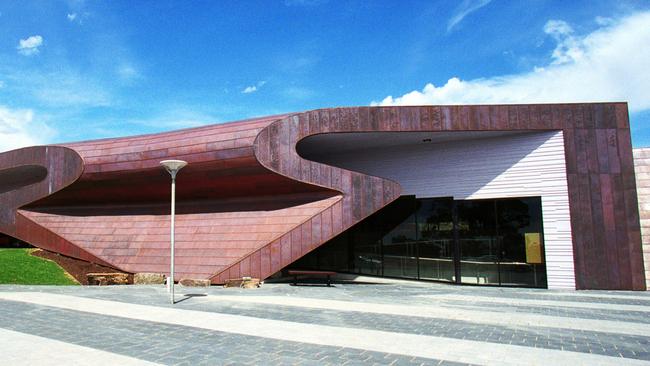
SA News
Don't miss out on the headlines from SA News. Followed categories will be added to My News.
More modern South Australian buildings could be protected from demolition under a push to safeguard state’s notable 20th century architecture.
The SA Heritage Council has identified a “gap” in heritage protection for buildings constructed after 1900 and has launched a review of properties that could qualify for state heritage listing, preventing owners from flattening them.
It comes as council chair Keith Conlon has revealed the organisation is trying to prioritise work due to a lack of staff within the government’s heritage branch to assess potential listings.
The Environment Department is compiling a list of “significant” representative buildings from the 20th century to decide which should proceed to assessment by the council and be included on the State Heritage Register.
Owners would be consulted before any heritage assessment is undertaken and would be given the right to oppose or endorse the listing.
Mr Conlon said the council and environment department was being more proactive to identify heritage gaps and that one of those was 20th century architecture.
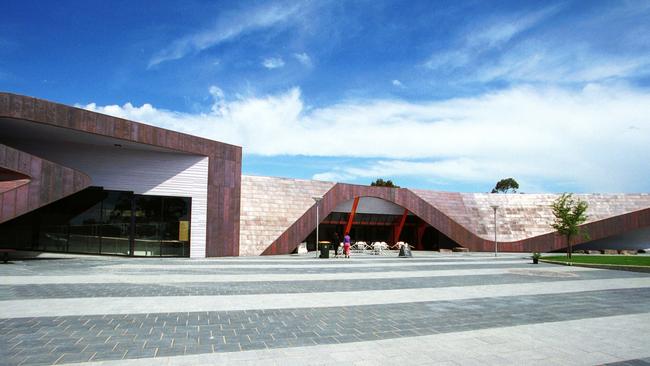
He said of the 2300-odd State Heritage places, 19 per cent were built after 1900 and just 1 per cent were post 1950s.
“There might not be several hundreds and thousands but there might be some really great examples.” he said. “The 20th (century) shouldn’t be neglected.
“One of the things the working group will consider is the work of particular well-known and highly regarded architects.”
The Sunday Mail reported in September 13,100 properties were demolished in Adelaide in the six years to 2020 – with two thirds of those properties built between 1950 and 1969.
Urban regeneration and subdivisions, particularly in Adelaide’s north-east and western suburbs, has come at the expense of many post-war properties.
Mr Conlon said the work is part of a larger effort within the department to triage its workload due to “limited resources” within the heritage team.
“With limited assessment team we can’t expect to see more than perhaps 10-12 items a year come to us (for assessment),” he said.
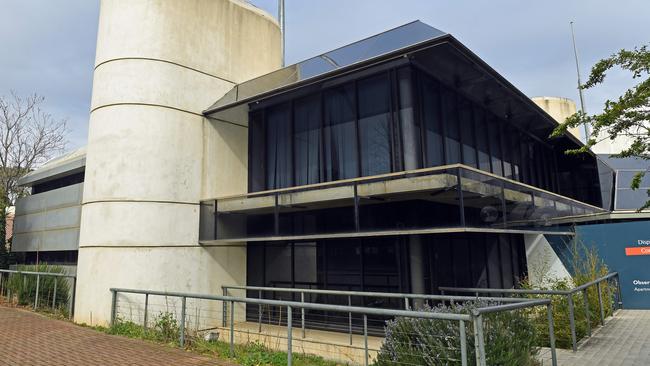
Adelaide Art Deco and Modernism Society president and Prospect mayor David O’Loughlin said the lack of modern buildings with heritage protection was “terrible”.
“Adelaide has got a love of bluestone cottages and villas, and that’s quite apt, but we have to save parts of our modern history that are missing from the heritage records … they are at great risk,” he said.
He said the 20th century was a period of technological innovation such as artificial lighting, telephones and refrigeration.
“The advent of World War I changed material supply and availability … then we have got all the post World War II immigrant history, people fleeing war-torn countries making their own wine and food in their back sheds and kitchens,” he said.
“Heritage listing is not about preserving everything, it’s about preserving the best examples and enough of the historic record to be able to tell a story.”
MODERN PROPERTIES PROTECTED
MARION CULTURAL CENTRE (2001)
287 Diagonal Road, Oaklands Park
The Marion Council-owned building was added the State Heritage register in 2019, becoming the youngest building to receive the highest heritage protection. Marion Mayor Kris Hanna said at the time the listing was “absurd”. But Mr Conlon said it was an “excellent example of postmodern architecture, with its semiotic design using signs and symbols.”
FERRARI HOUSE (1968)
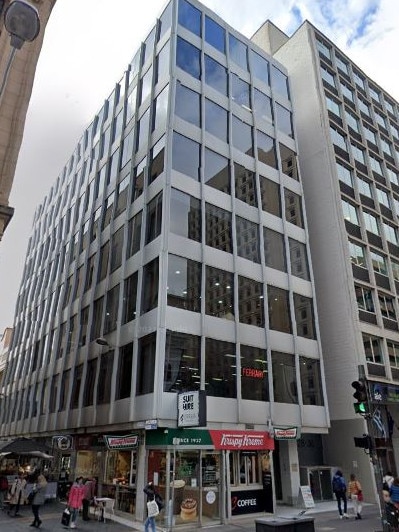
28-30 Grenfell St, Adelaide
The SA Heritage Council listed the building in 2019 recognising the former Eagle Star Insurance building as an “outstanding example of a post-war international-style building in South Australia”.
PROSPECT AIR RAID SHELTER (1942)
Wilcox Ave, Prospect
Confirmed in the State Heritage Register this month, the building is a remaining relic of Adelaide’s efforts to protect citizens from a potential Japanese air-raid in WWII. Adelaide was at the centre of defence manufacturing heightening the risk of air strikes. The shelter was part of a network of buildings in Adelaide. Only one other, in Thebarton and also on the register, remains.
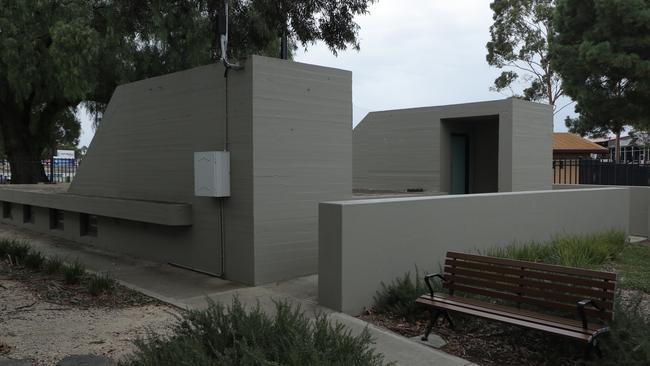
Read related topics:Urban and Regional Development



